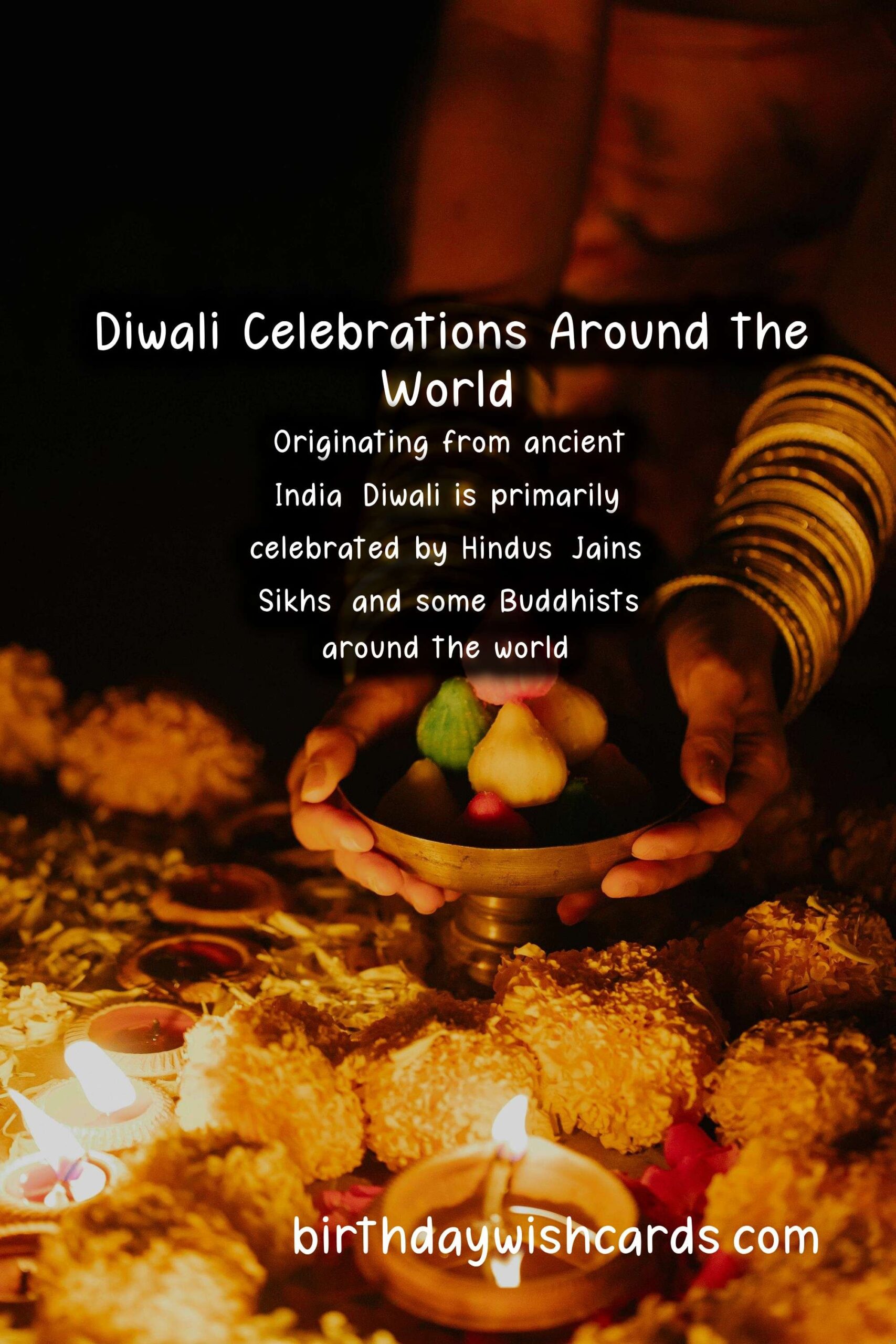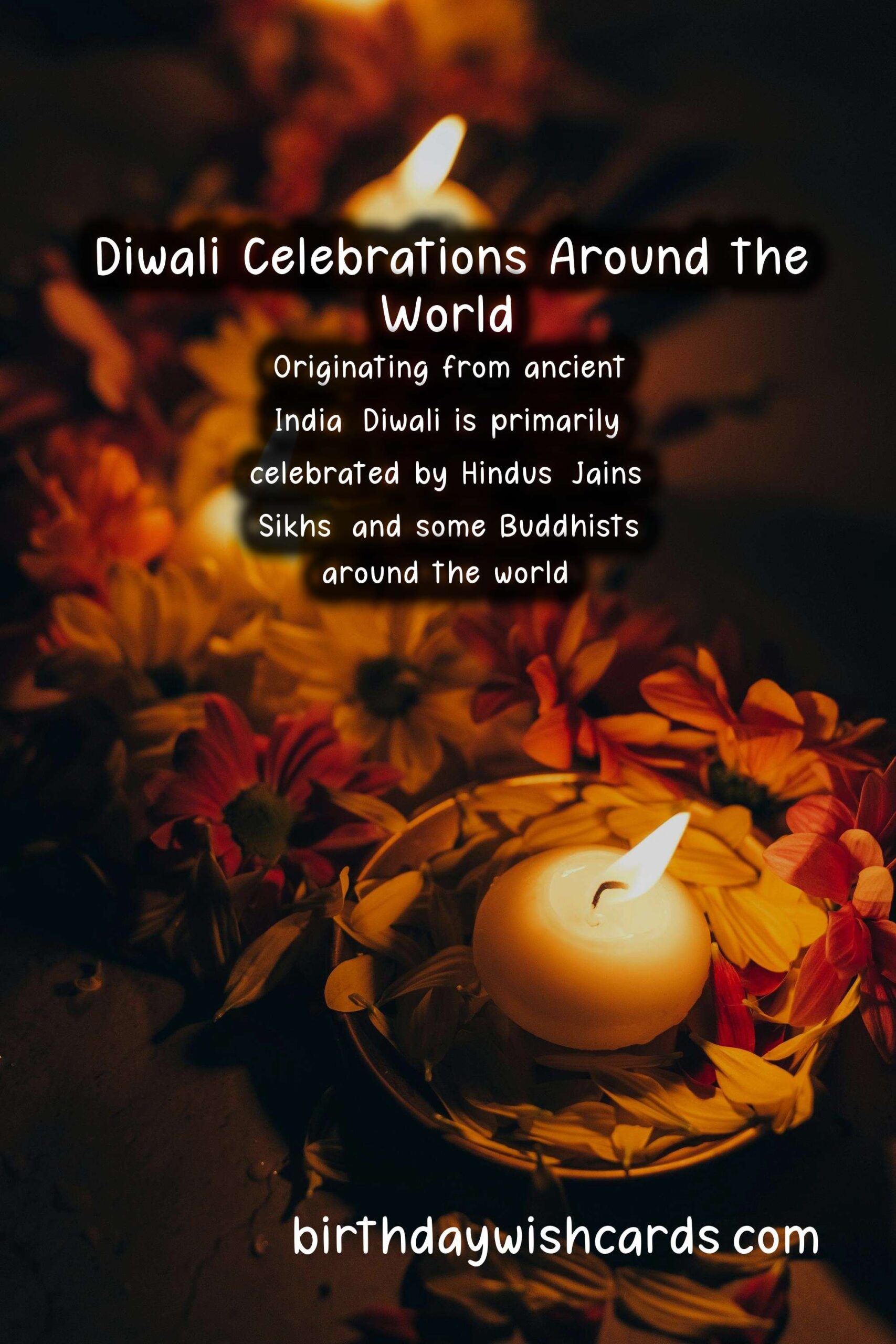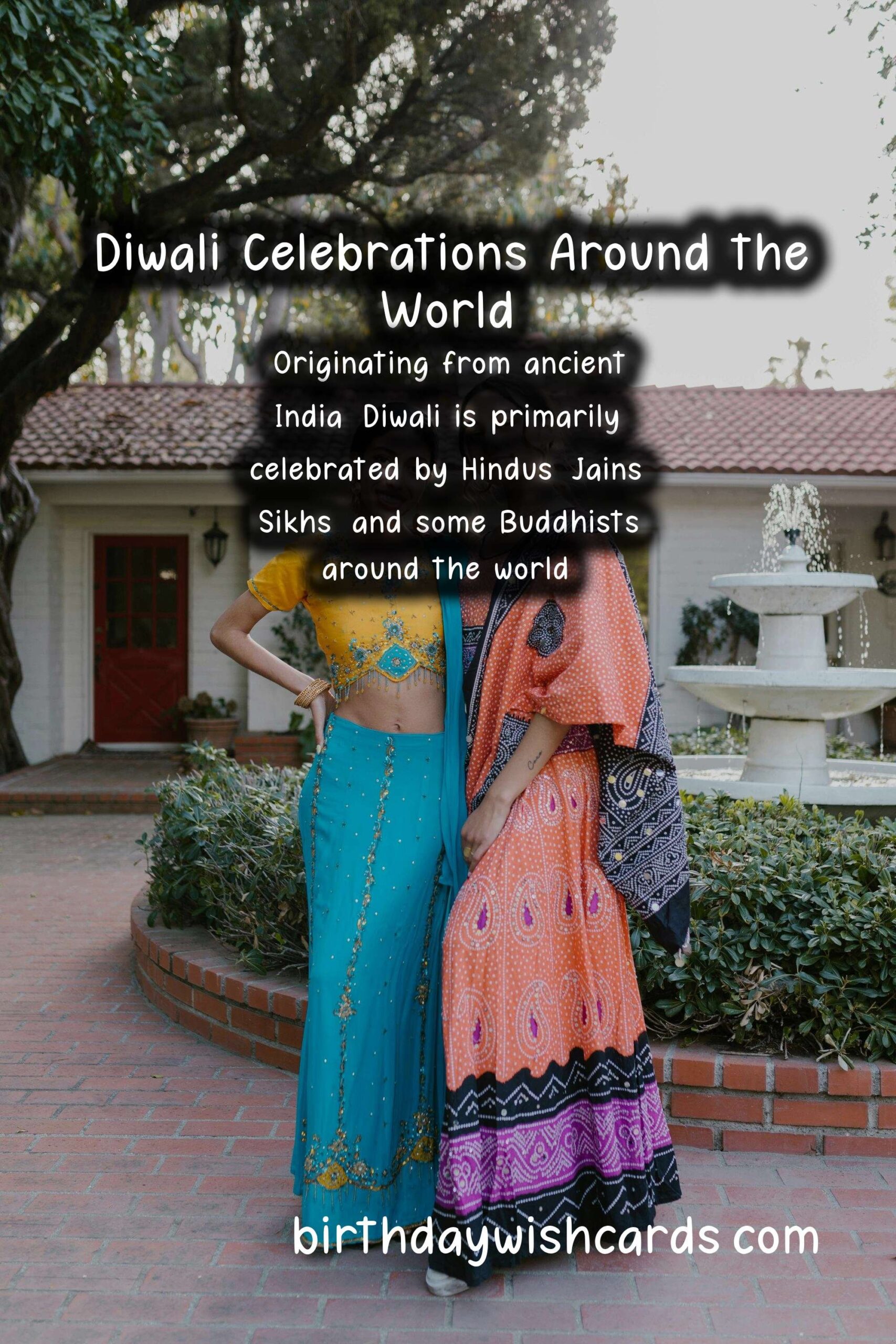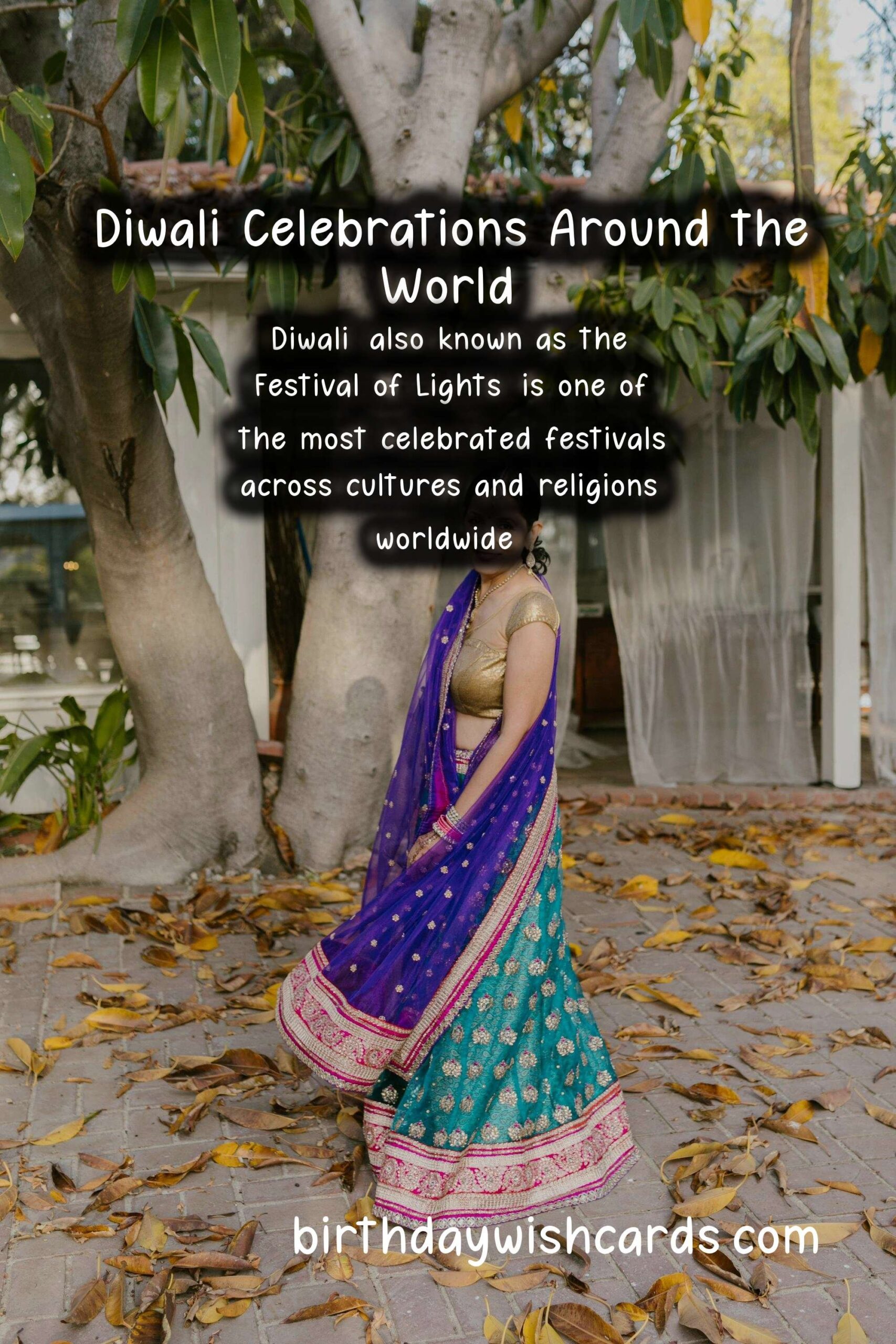The Importance of Diwali in Different Cultures
The Importance of Diwali in Different Cultures
Diwali, also known as the Festival of Lights, is one of the most celebrated festivals across cultures and religions worldwide. Each year, millions of people participate in this vibrant festival that signifies the victory of light over darkness and good over evil. In this article, we will explore the significance of Diwali in various cultures, the traditions associated with it, and its universal message of hope and renewal.
Diwali: A Brief Overview
Originating from ancient India, Diwali is primarily celebrated by Hindus, Jains, Sikhs, and some Buddhists around the world. The festival lasts for five days, with the third day being the most significant, marking the return of Lord Rama to Ayodhya after defeating the demon king Ravana.
Although rooted in Hindu mythology, the essence of Diwali transcends cultural boundaries. Each community adds its unique flavors and customs to the festival, reflecting their beliefs and traditions.
Diwali in Hindu Culture
In Hindu culture, Diwali is celebrated to honor the goddess Lakshmi, the deity of wealth and prosperity. People clean and decorate their homes with colorful rangolis and lights to welcome her blessings. Rituals include lighting oil lamps (diyas), bursting firecrackers, and sharing sweets with family and friends.
Different regions in India celebrate Diwali with variations in rituals. For instance, in the northern part of India, it is associated with the return of Lord Rama, whereas in the southern states, it marks the victory of Lord Krishna over the demon Narakasura. Regardless of the variations, the core theme remains the same: the triumph of good over evil.
Diwali Among Jains
For Jains, Diwali signifies the anniversary of Lord Mahavira’s nirvana (liberation) achieved in 527 BCE. Jain families celebrate the festival by illuminating their homes and temples, focusing on spiritual reflection, charity, and communal prayers. The day is marked by fasting and participating in prayers and discourses, emphasizing spiritual cleansing and commitment to non-violence.
Diwali in Sikh Culture
In Sikhism, Diwali, or Bandi Chhor Divas, commemorates the release of Guru Hargobind Ji from imprisonment. Sikhs celebrate by lighting up their gurdwaras and homes, symbolizing freedom and justice. Community kitchens (langars) serve food to all, emphasizing the importance of equality and sharing.
Diwali in Buddhism
While not a widespread celebration, some Buddhist communities in India, especially in the region of Sikkim, honor Diwali as a time for community gathering and reflection. They light lamps to symbolize the attainment of enlightenment and the dispelling of ignorance.
Global Celebrations of Diwali
The festival is not limited to India; it is celebrated globally in various countries including Nepal, Sri Lanka, Fiji, the United States, Canada, the United Kingdom, and Australia. Each country incorporates its local customs into the celebration, making Diwali a truly multicultural event.
For instance, in Nepal, Diwali is known as Tihar and is celebrated similarly but with a distinct focus on honoring animals such as crows, dogs, and cows. In the U.S. and the U.K., Diwali festivals showcase cultural performances, food stalls, and firework displays, bringing together diverse communities.
Environmental Considerations
Recent years have seen discussions about the environmental impact of Diwali celebrations, particularly concerning fireworks. Many activists and communities are promoting eco-friendly alternatives to reduce pollution and celebrate the festival in a more sustainable manner. Initiatives include using less harmful firecrackers, promoting green decorations, and focusing on community service.
Conclusion: A Celebration of Unity
Diwali is a festival that resonates with positivity and the spirit of togetherness. Regardless of cultural differences, the festival’s core message of hope, renewal, and the triumph of good over evil is something that unites people from all walks of life. As we celebrate Diwali, we are reminded of the importance of spreading joy, compassion, and understanding across cultures.
In these modern times, continuing to honor the traditions while innovating for a better future is essential. Diwali is not just a festival; it’s a celebration of life, love, and light shared among communities across the globe.
Diwali, also known as the Festival of Lights, is one of the most celebrated festivals across cultures and religions worldwide.
Originating from ancient India, Diwali is primarily celebrated by Hindus, Jains, Sikhs, and some Buddhists around the world.










#Diwali #FestivalOfLights #CulturalCelebration






